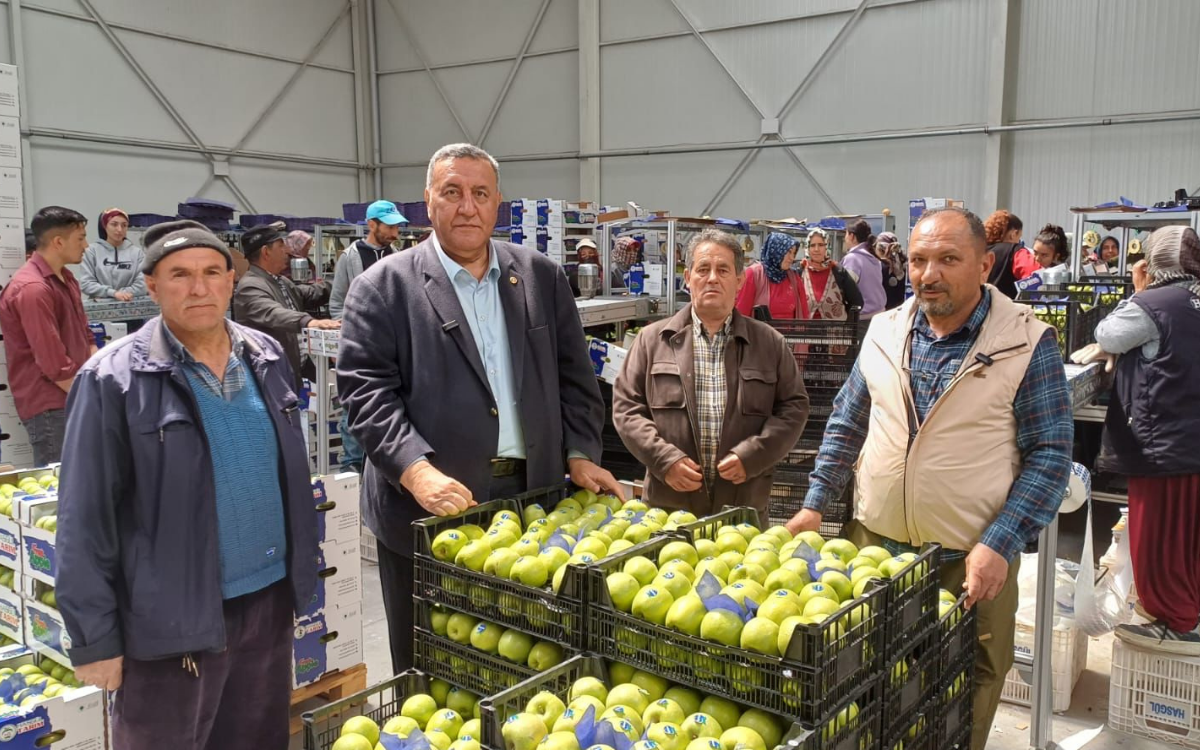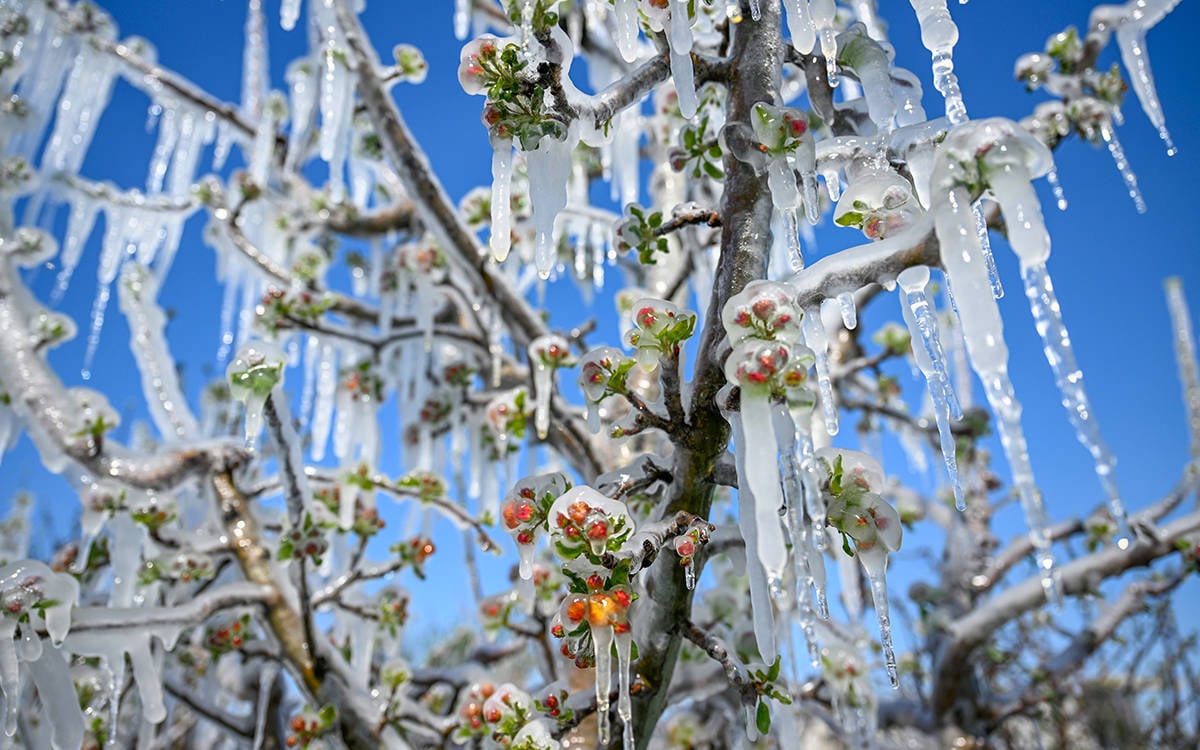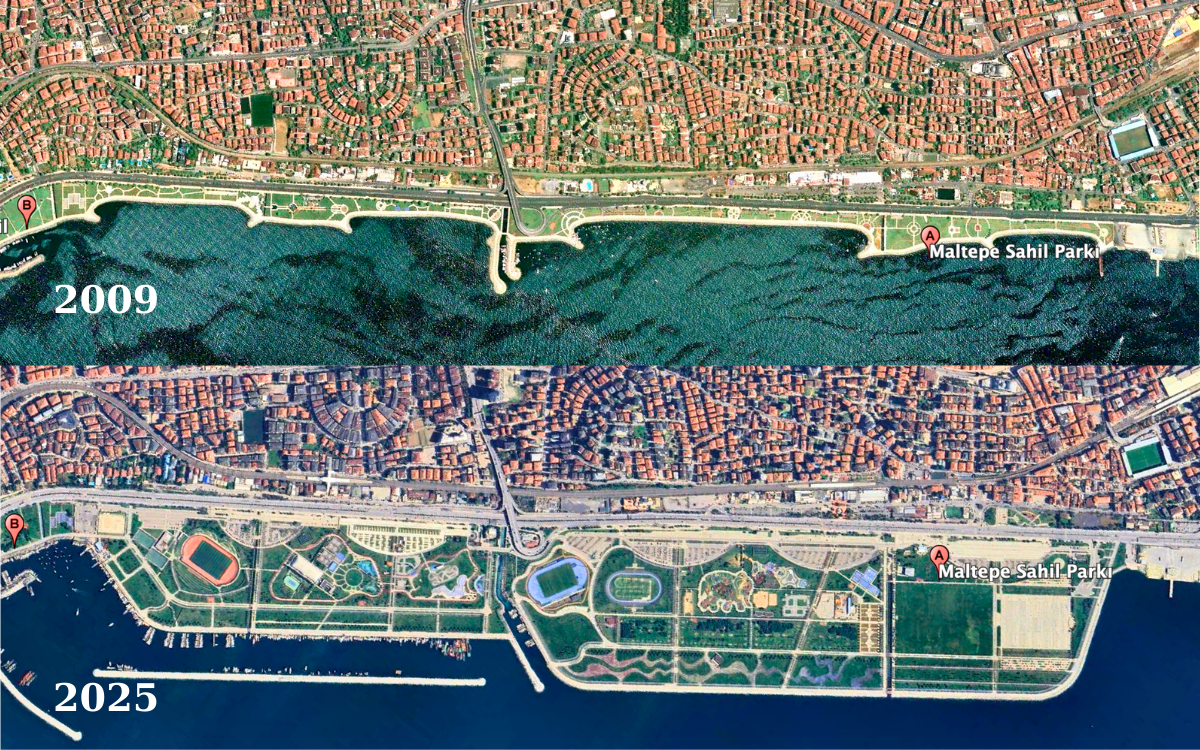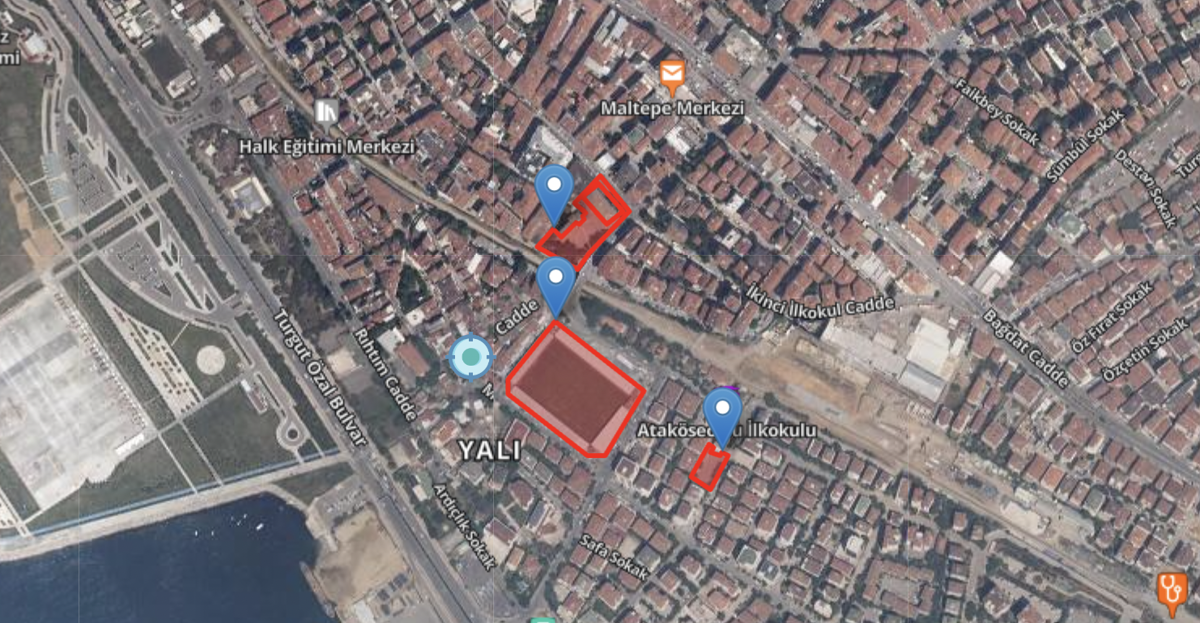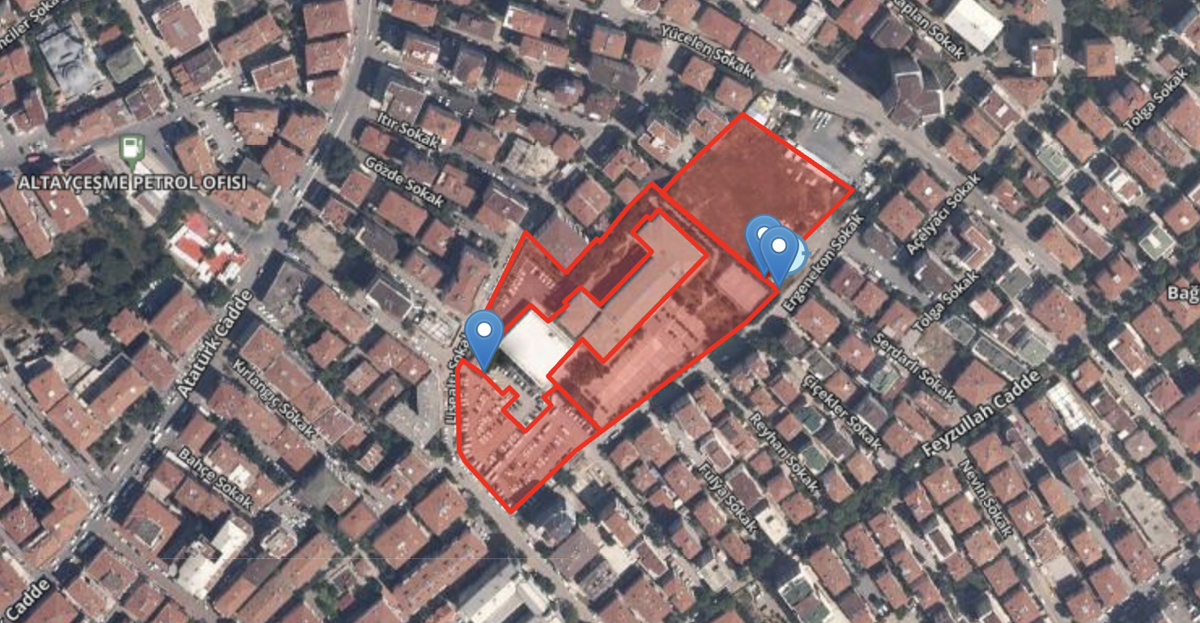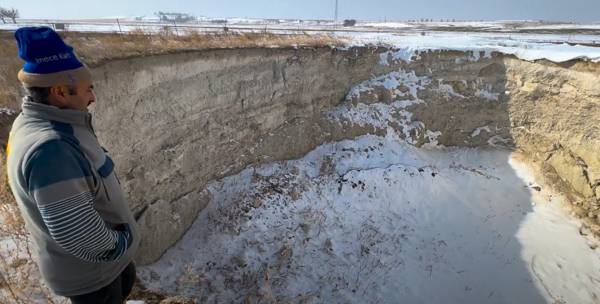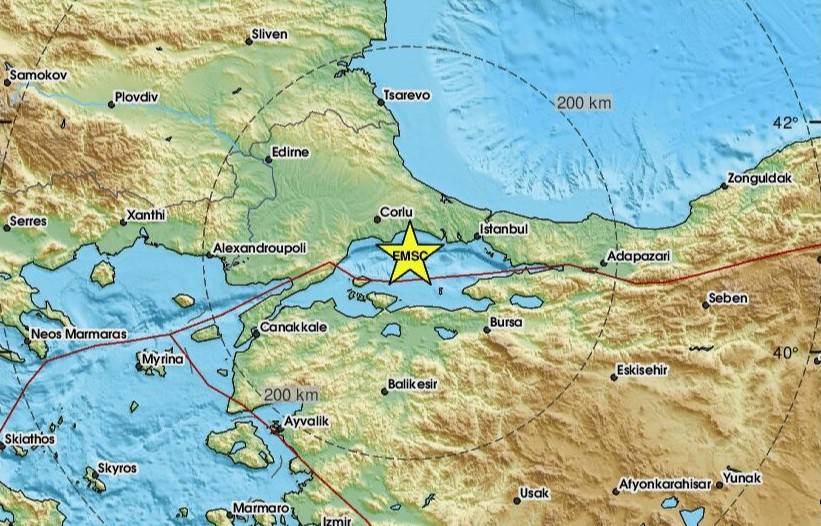A sudden drop in temperatures between Apr 9 and 13 caused the most severe agricultural frost that Turkey has seen in recent years, dealing a heavy blow to fruit production across 36 provinces across the country.
The frost has threatened not only this year's harvest but also Turkey’s critical agricultural exports, according to Niğde MP Ömer Fethi Gürer, a member of the main opposition Republican People's Party (CHP) and the parliament's agriculture committee.
Gürer, visited Niğde in Central Anatolia today to assess the damage firsthand. "There has been a serious loss in yield in many products," he told reporters there, citing damage to stone fruits such as apricots, peaches, nectarines, plums, almonds, and walnuts, along with pears and grapes.
Although the Agriculture and Forestry Ministry announced plans to support registered farmers registered following damage assessments, there has been no clear explanation on how this support will be provided, he said.
Minister İbrahim Yumaklı announced on Apr 21 that registered but uninsured farmers would be compensated for the full amount of their losses.
Gürer also pointed to the absence of solutions for secondary problems triggered by the frost, ranging from high prices for consumers export disruptions to storage and loss of employment.
Concerns over losing export markets
Niğde, one of Turkey’s major apple production centers with an annual output of around 600,000 tons, was among the hardest-hit regions. Gürer noted that unofficial production figures could be even higher.
This is expected to impact apple exports from the province, the MP said, noting that integrated facilities producing dwarf apple varieties primarily for export have been seriously damaged by the frost.
Local apple grower Cemil Acer expressed similar concerns. Operating over 600 decares of apple orchards, Acer said the frost has severely affected export products, the amount of which "has dropped to almost nothing."
He warned of the broader economic impact, noting that maintaining presence in key markets like Armenia, Iraq, and India might no longer be possible this year.
"While some losses can be recovered, our main concern is losing our markets," he said. "India had become a major market for us because of its trade issues with China. However, without apples this year, we are at risk of losing the Indian market."
Turkey's annual apple production stands at 4.5 million tons, with approximately 1.36 million tons exported, according to the Turkish Statistical Institute (TurkStat).
Loss of employment
Acer also highlighted the employment implications, stating, "We used to have 50 full-time employees in this storage facility, along with student workers and daily laborers. But this year, with no products, we won't be able to provide employment."
He added that once the last apples are exported, the storage facility will be empty, leading to both job losses and economic setbacks.
Agricultural frost occurs when temperatures fall to or near freezing (0°C or below), posing a major threat to crop production. Frost events, particularly in the spring, can cause significant damage to fruits, vegetables, and young shoots. As climate change drives more frequent and severe temperature fluctuations, predicting and managing frost events has become increasingly difficult, raising the risks to agricultural production year by year. (VC/VK)














